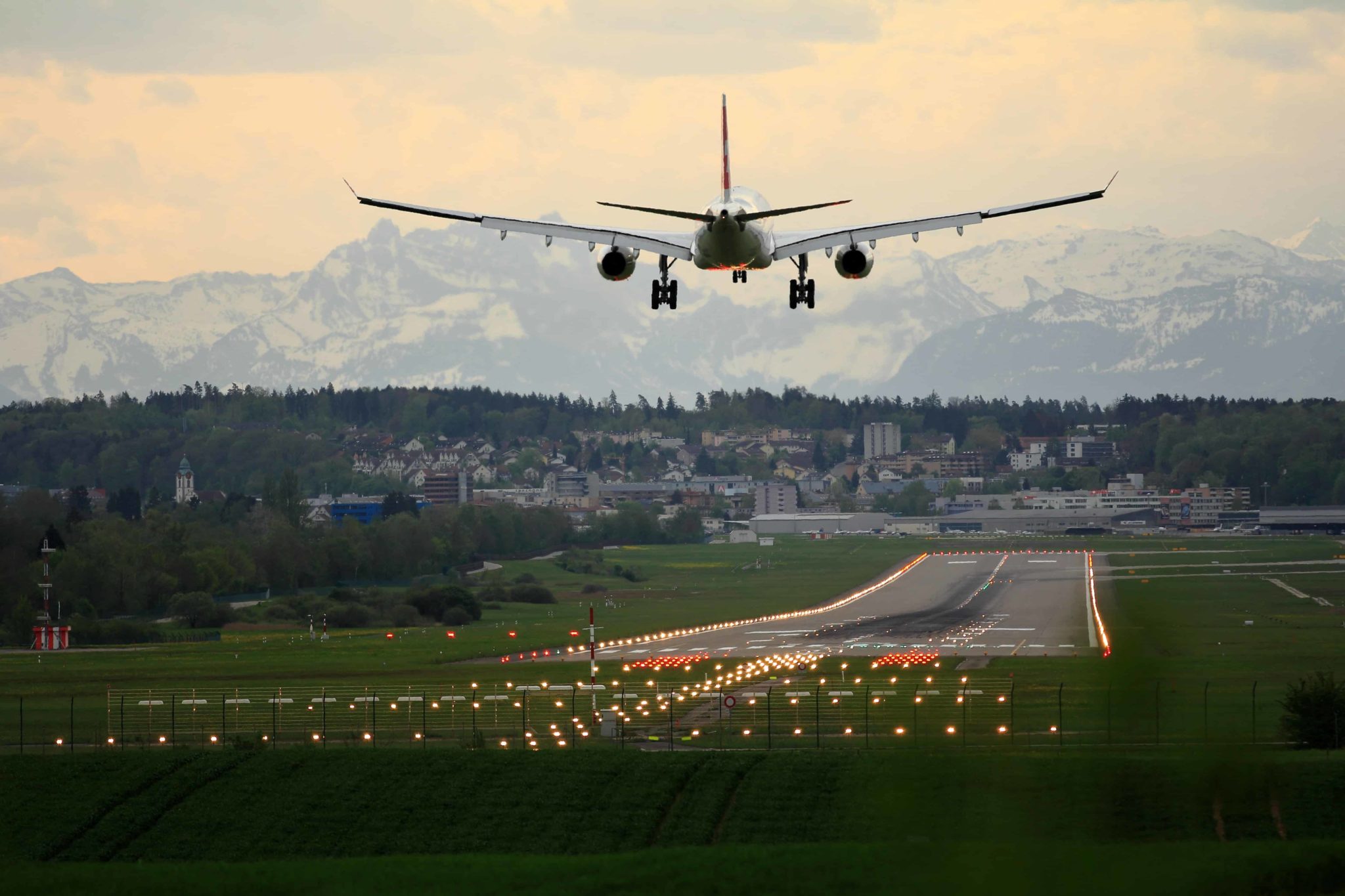Julia Deng is a student at Harvard Law School.
In today’s News and Commentary: workers at SFO ended their strike and are putting a contract up to a vote, a federal magistrate approved a judgement against an Alabama employer accused of child labor, a California state agency penalized home care agencies for worker misclassification, and the NLRB upheld a mail-in election rule.
Yesterday, one thousand workers at San Francisco International Airports ended their three-day strike. UNITE HERE Local 2 reports that workers have won “significant raises and free family healthcare” from the consortium of 84 food and beverage outlets. The new contract was approved unanimously by an 80-person bargaining committee. The majority of the one thousand cashiers, baristas, cooks, dishwashers, bartenders, servers, and lounge attendants involved in the strike made $17.05 an hour and had not gotten a raise in three years. As Travis mentioned on Tuesday, 99.7% of the workers had voted in favor of authorizing the strike in August. The agreement heads to a ratification vote on Sunday.
A federal magistrate announced penalties on an auto parts supplier accused of child labor practices yesterday. The employer, SL Alabama, must punish management personnel responsible for child labor violations, cut ties with subcontractors that have employed child labor, and provide quarterly child labor trainings for three years. The DOL and SL Alabama agreed to these terms in August, and yesterday the judge approved them. The DOL has alleged that SL Alabama has violated labor laws since 2021 by employing children under the age of 16. SL Alabama is one of two Hyundai suppliers that have been accused of employing child labor in the past few years.
The California Labor Commissioner has cited two home health care placement agencies nearly $2 million for worker misclassification. “In this case, caretakers were systematically denied minimum wage, overtime, and other legally required working conditions,” said Commissioner Lilia García-Brower. “Unscrupulous employers who misclassify workers do so not only to dodge obligations but also to gain an unfair business advantage over employers who comply with the law.” The damages include back pay, liquidated damages, and various other forms of liability.
The NLRB yesterday upheld its test for deciding whether to hold union elections in person or via mail-in ballot. The Board declined Starbucks’ invitation to revisit their November 2020 case Aspirus Keweenaw, which held that the presence of any one of six listed factors would justify regional directors in their discretionary decision to direct that an election should be conducted by mail. These factors include the local COVID-19 positivity rate and whether the workplace has had a recent COVID-19 outbreak. After that decision, virtually all union elections were conducted via mail-in ballot until earlier this year. Yesterday’s decision struck down Starbucks’ challenge to a mail ballot election at one of its stores in Seattle.






Daily News & Commentary
Start your day with our roundup of the latest labor developments. See all
February 16
BLS releases jobs data; ILO hosts conference on child labor.
February 15
The Office of Personnel Management directs federal agencies to terminate their collective bargaining agreements, and Indian farmworkers engage in a one-day strike to protest a trade deal with the United States.
February 13
Sex workers in Nevada fight to become the nation’s first to unionize; industry groups push NLRB to establish a more business-friendly test for independent contractor status; and UFCW launches an anti-AI price setting in grocery store campaign.
February 12
Teamsters sue UPS over buyout program; flight attendants and pilots call for leadership change at American Airlines; and Argentina considers major labor reforms despite forceful opposition.
February 11
Hollywood begins negotiations for a new labor agreement with writers and actors; the EEOC launches an investigation into Nike’s DEI programs and potential discrimination against white workers; and Mayor Mamdani circulates a memo regarding the city’s Economic Development Corporation.
February 10
San Francisco teachers walk out; NLRB reverses course on SpaceX; NYC nurses secure tentative agreements.